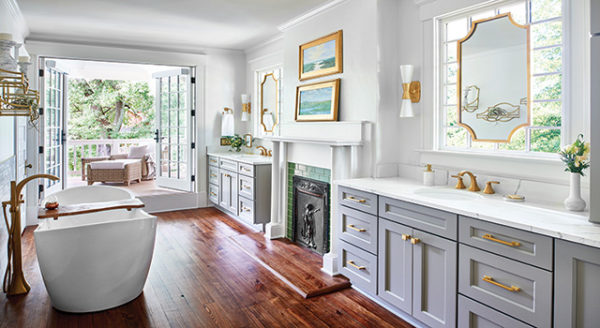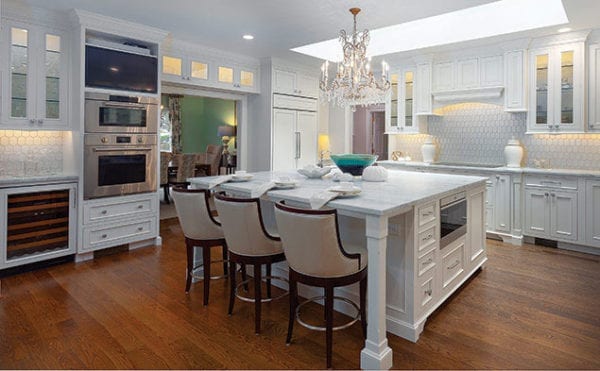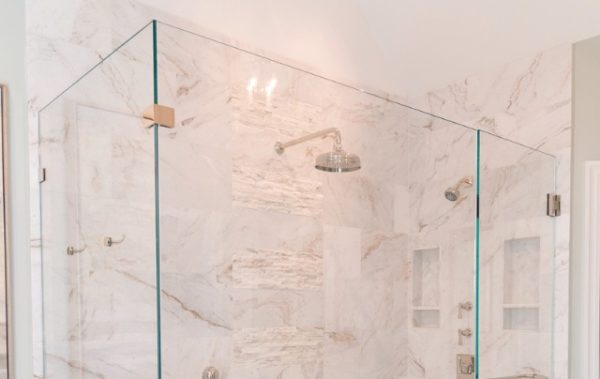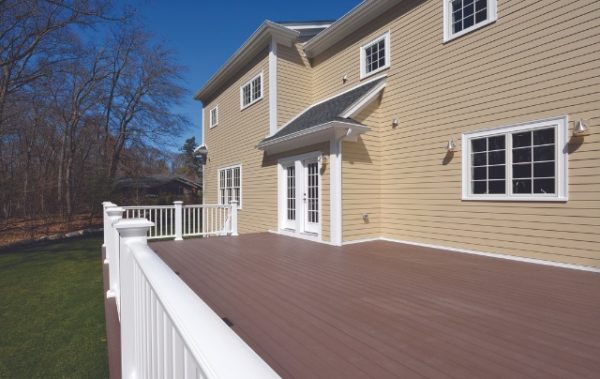Breathe Deep

Most allergy sufferers carefully track the conditions that contribute to the growth of whatever pollen or mold they are allergic to. They can avoid cats and dogs that may set off their sneezing. However, what should someone do if the very air they’re allergic to blows out of the ventilation system of their own home? The simplest answer: contact a professional air duct cleaner.
Normal use of a heating and cooling system causes debris, like dust and pollen, to accumulate. Add a little moisture to this material and mold spores have a nutrient base in which to grow. A good air duct cleaning service can easily clear this debris from every component of your HVAC system.
The signs
There are two good indicators air ducts should be cleaned. The first indicator is if there is a noticeable buildup of dirt and dust around or below vents despite regular cleaning. The second is if household members continue to suffer from allergies outside of allergy season or despite the absence of animals or other allergens.
Effective cleaning of air ducts isn’t as simple as setting up a blower and blasting stuff out of the vents, a process the industry dismisses as “blow and go.” A reputable air duct cleaning service will clean your entire HVAC system, from vents to the heating and cooling coils. “This is an industry where you really get what you pay for,” says David Null of IAQ Solutions. “Consumers should avoid companies that bundle services together for one low price, and instead work with a service that specializes in ‘HVAC hygiene.’”
The cost
Prices for the service vary, but the Environmental Protection Agency (EPA) estimate a consumer will pay $450 to $1,000 depending on the different services provided, the type of system, accessibility, how dirty the system is and location of the homeowner.
The EPA notes that partial cleaning of a system is not good enough. Debris in one part of the system can quickly spread as soon as the system is used. A good service should use a variety of tools and methods. “There are even several kinds of antimicrobials that can be used to retard growth of mold,” Null says.
The standards
Like any home’s HVAC system, proper cleaning is a fairly complex process. Fortunately for consumers, there’s a simple way to check the credentials of a potential air duct cleaner. The National Air Duct Cleaners Association (NADCA) offers training and certification of air systems cleaning specialists, mold premeditators and HVAC inspectors. NADCA also maintains standards, guidelines and educational materials for consumers and their members.
“NADCA standards require that a firm have at least one certified technician that has passed a rigorous test,” says Jennifer Herber, publications director at NADCA. “Techs must complete continuing education credits each year to maintain certification.”
In addition to certifying air duct cleaner technicians, NADCA has created a comprehensive checklist of services that a competent air duct cleaner should be willing to supply. These include cleaning supply and return air ductwork, supply registers and return air grilles, supply air and return air plenums and cleaning secondary heat exchangers. The blower motor, housing and assembly should be removed, cleaned and reinstalled. There are several other optional and as-needed services that can be evaluated on a case-by-case basis.
NADCA has recently updated their standards. They now reflect the added importance of cleaning the evaporator coil as well as the drain and pan. Not just because this component can be a source of allergens, some research suggests that cleaning dirty coils, fans and heat exchangers can improve heating and cooling system efficiency.
Null suggests consumers not only check for NADCA certification, but also make sure that a vendor has the correct licensing. While NADCA certification is optional for vendors, some states require vendors to earn a license before they can work on certain types and sizes of HVAC systems.
Selecting a Contractor |
Source: National Air Duct Cleaners Association (NADCA) |

Let the Light Shine In

Bob and Rodman -Water, Water Everywhere

Cool Off with an Outdoor Misting System

Award-Winning Kitchens, Baths, Interior Design and More

Atlanta’s NKBA Designs of Distinction 2019 Winners

100 Things to Know Before You Remodel

What’s the simplest way to upgrade your window treatments?







